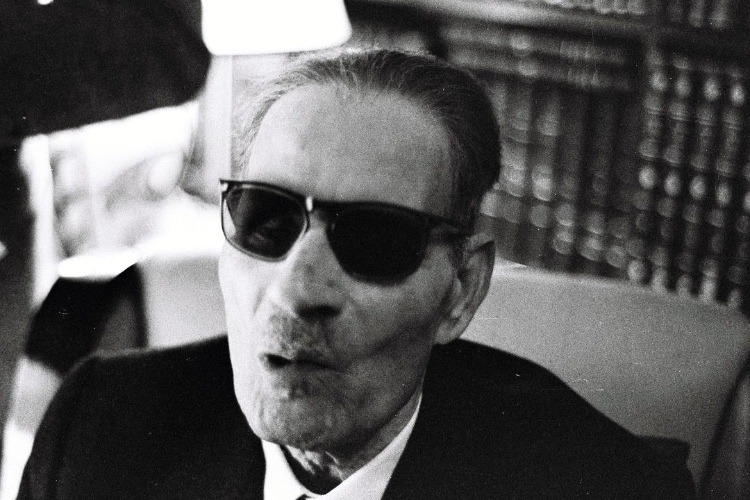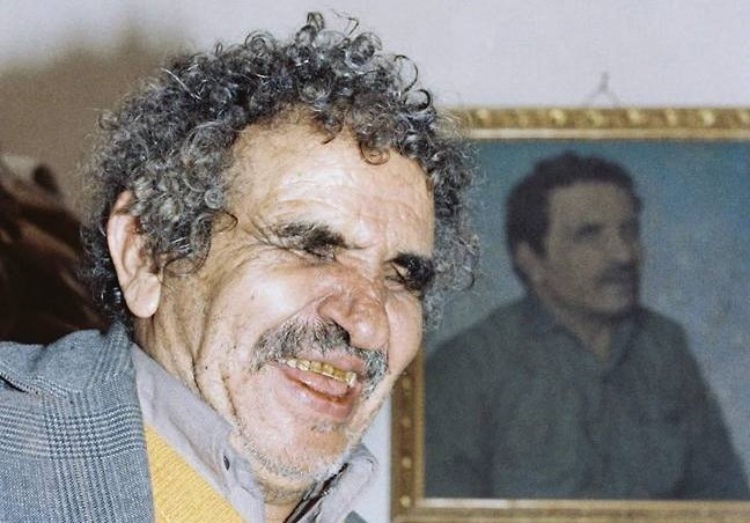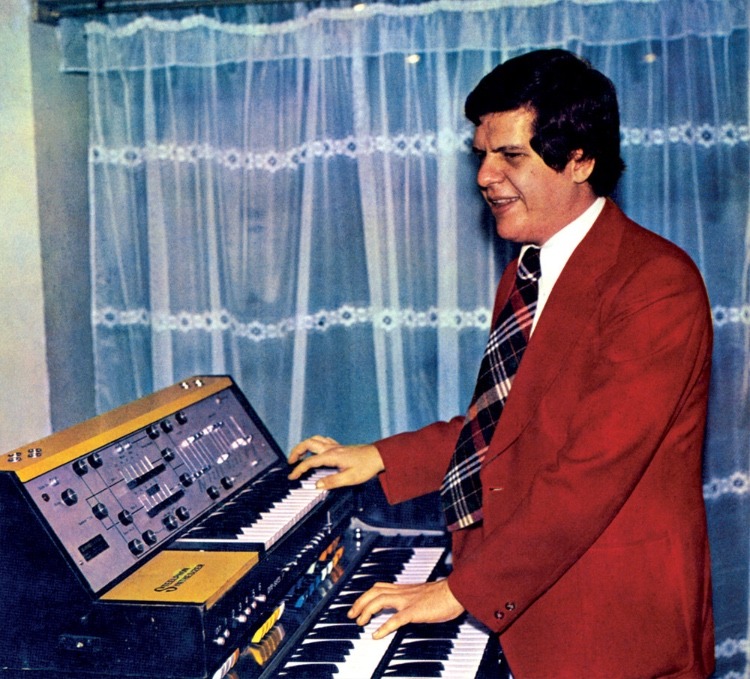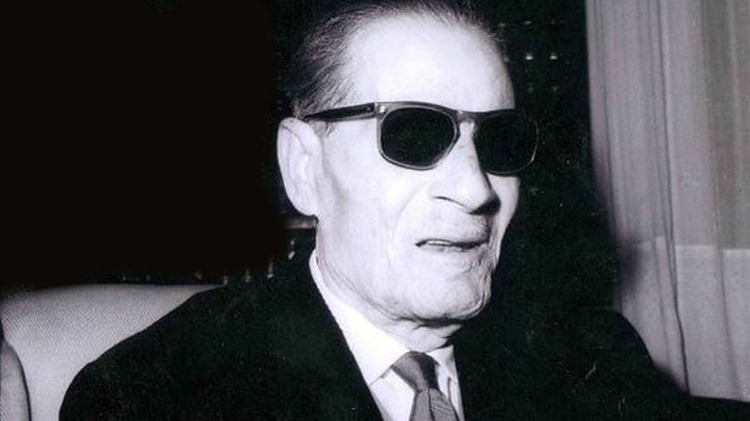Today is World Braille Day, a day to recognize the value of eye health by making sure that everyone has access to inclusive, reasonably priced eye care services. Nevertheless, It is also a day to honor blind Arab individuals who have excelled in a variety of professions, including poetry, arts, and music. These Arabs made a name for themselves and did not let their blindness hinder their careers. From Taha Hussein to Abdullah Al-Baradouni, let’s learn more about these talented individuals and the success they achieved.
Taha Hussein
Taha Hussein was an Egyptian writer who became a leading cultural and public figure. He fought for people’s access to education and women’s independence. He was then diagnosed with ophthalmia at the age of two, and after receiving inadequate care from an untrained physician, he went blind. This did not affect his career as he overcame this challenge to receive the first Ph.D. ever awarded by an Egyptian university, and four years later, he received one from Sorbonne University in Paris, France, according to Al Ahram.
State Information Service stated that Hussein then served as minister of education from 1951 to 1952 and translated Greek philosophers’ works, wrote over 50 books on the country’s socio-political concerns, and produced some of contemporary Arabic Literature’s finest creations. For his lifetime achievements, Hussein was given the United Nations Prize in the Field of Human Rights and the Order of the Nile, Egypt’s highest honor, for his efforts in supporting better human rights in Egypt. Hussein believed that education is a right that should be available to everyone, regardless of social status, color, gender, or religion. This was his life’s message, as he used his voice and position to change people’s perceptions and provide free education to all Egyptians.

Abdullah Al-Baradouni
Abdullah Al-Baradouni, a well-known Yemeni poet and literary critic, was blinded at the age of six by smallpox, which was common in Yemen at the time. He was born in 1929 in the village of Baradoun in the Dhamar province. In Yemen, Al-Baradouni played a crucial role in efforts to revitalize poetry. He completed his schooling in Sanaa, the capital of Yemen, where he also worked as a religious school teacher of Arabic literature and political history. The Guardian then claimed that Baradouni’s later support for democratization and women’s rights aroused controversy within his town.
He presided over the Yemeni Writers Union beginning in the early 1970s, and Yemeni newspaper readers named him “intellectual figure of the year” in 1997. Al-Baradouni’s writings were widely read and translated into other languages in the Arab world. He used his blindness as a motivating factor to achieve greatness in his poetry as per The Guardian. Al-Baradouni asserted in a 1993 interview that his blindness was the cause of his “encyclopedic” memory of poetry. This is due to the fact that Al-Baradouni wrote his poetry totally in his memory, revised them, and made final edits. Also, he was a poet who was able to weave stories that reflected Yemeni people’s worries, distresses, and harsh conditions into an enchanting poetic form.

Amjad Al Mutairi
The art sector in Saudi Arabia was experiencing a boom in 2021 as a number of artists started exhibiting their unique works. Amjad Al Mutairi was one of them; she had the skill and was just waiting for the recognition she deserved on a global scale. Al-Mutairi was a student at Taif University’s Faculty of Arts in English and a member of the Special Needs Unit.
The most amazing aspect is how she manages to produce superb artwork despite being blind. She has been drawing since she was four years old, and it appears that she can see her works partially from a quarter-inch away. It appears that art runs in the family as she is the niece of well-known artists Maha Al Kafi and Mansour Al-Mutairi. The blind artist, born with a hereditary illness that caused her gradual loss of sight, was able to capture the admiration and amazement of art enthusiasts through her various timeless paintings.
Ammar El Sherei
Ammar El Sherei was a well-known musician, composer, and music critic who, despite being blind, had an impact on Egyptian instrumental and vocal music in addition to composing music for numerous movies and television shows. Singers Mona Abdel Ghani, Hanan, and Alaa Abdel Khalek joined Al-Sherei to form the band Al Asdeqa (The Friends) in 1980. They performed Al Sherei’s songs, which fused traditional Arabic music with modern sounds as stated by Al Ahram.
El-Sherei was the musical director of the 6 October national celebrations every year between 1991 and 2003 in addition to his ongoing work in film as per Al Ahram. Due to his talent, he frequently received requests to write music for the national celebrations of other Arab nations. Also, children were vital in Al Sherei’s life, despite his busy schedule filming and producing TV shows and movies. For example, he wrote music specifically for kids, as well as worked to find, nurture, and develop youthful talent.

Each of these individuals didn’t allow their blindness to influence them; instead, it gave them the confidence to advance in their careers and spread their artistic messages throughout their nations. Whether it’s music, art, or poetry, these Arabs showed their determination to leave a mark in history and be remembered for their work.



